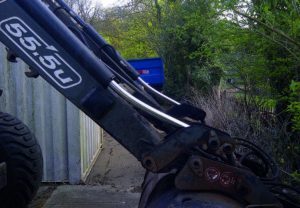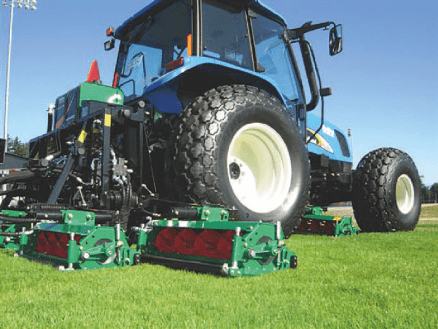Oils are becoming ever more complex with every manufacturer having bespoke products for their engines, transmissions and drive components. Get it wrong and things can become expensive. In the past, you would have a good idea of the oil’s use by its viscosity: thick oil for axles and gears, thin oil for hydraulics. But this is no longer the case. Oils have become as technically complex as the components they lubricate. I have mentioned in past articles how crucial the 50–hour service is in identifying potential issues; with tractor manufacturers using bedding–in oils for the first 50 hours of the engine’s life it is imperative that these schedules are adhered to.
Checking the dipstick, smelling or even feeling the oil is the classic image of someone back in the day checking the state of their oil. While cute, this couldn’t be further from the correct procedure.
The only way to be sure if your engine needs servicing is to follow the manufacturer’s guidelines as detailed in the handbook or operator’s manual. There may well be a light to tell you when a service is due but you should always read the handbook and not just rely on the electronics to warn you. Sometimes this reliance on technology can lead to expensive failures from which the manufacturers will almost always walk away.
In the same vein, using equipment for what it’s designed for is always a bone of contention. For some people the tractor is never big enough. Tractors have become more powerful and physically larger, but the seven-unit gang mower or 1.8m rotavator they are pulling remains the same size and doesn’t need any more power than it did 30 years ago. So why do we use 120hp tractors whose ability to labour when the machine becomes overloaded is replaced with sheer brutality and the ultimately, the failure of the implement?




